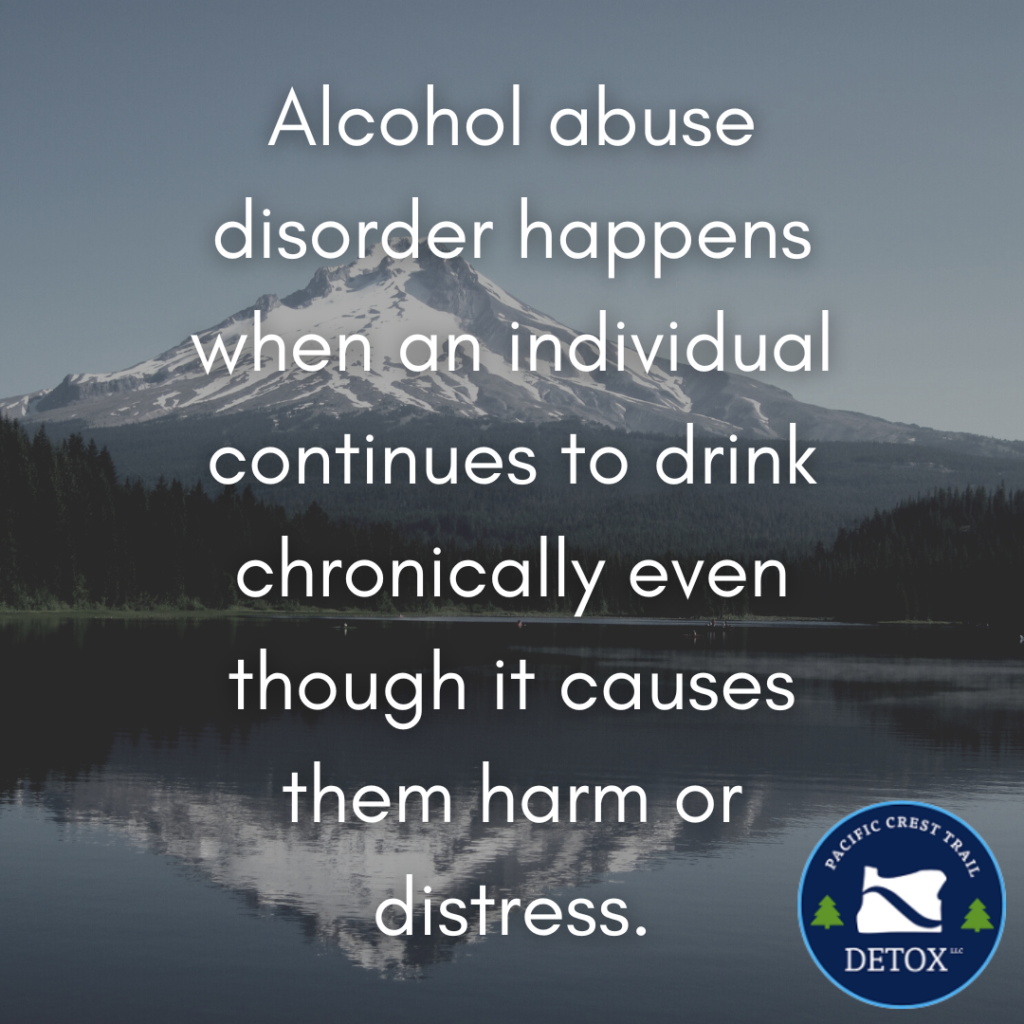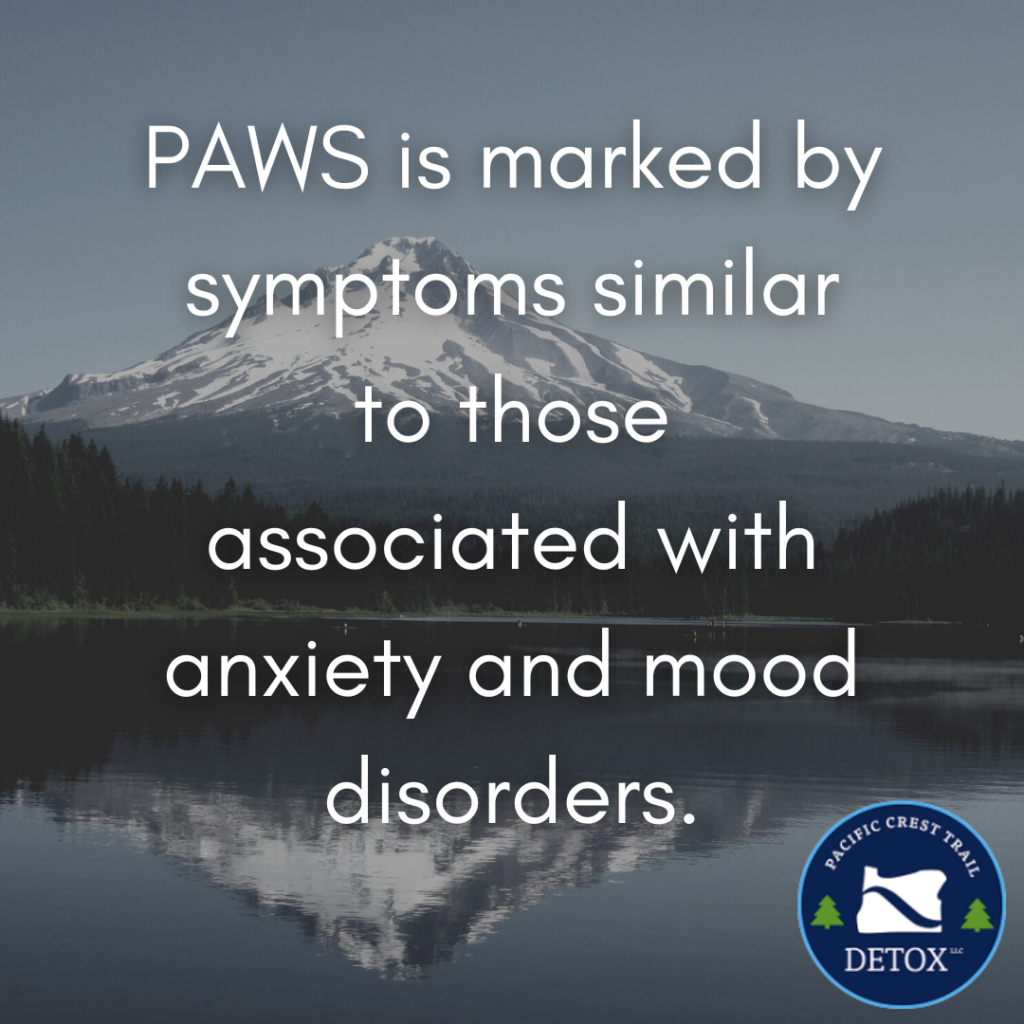Alcohol abuse is so much more than just excessive drinking. Often called alcoholism, alcohol abuse disorder happens when an individual continues to drink chronically even though it causes them harm or distress.
It can take a toll physically on your body, causing various health conditions. It can negatively impact your behaviors and social life, making you distant, isolated, and neglectful of responsibilities.
But when you get the help you need, you can start living somewhat normally again. You’ll be able to join in on life and get back to your loved ones and yourself.
However, it won’t be an easy ride. Most people in alcohol recovery struggle with alcohol withdrawal duration and symptoms. So, to help you with your recovery journey from alcohol, this article has everything you need to know about how long your body heals from alcohol abuse, how it heals, and how you can help it heal.

How Long Does It Take To Recover From A Lot Of Alcohol?
There is no definite answer to this question. Alcohol recovery is a personal and highly individualized experience. There are a lot of factors that may affect your recovery timelines, such as the length of time you spend drinking, the amount of alcohol you consume, mental health issues, medical history, and even lifestyle.
However, people typically experience the worst of their withdrawal symptoms around the third day after their last drink. The symptoms then start to decline around the fourth or fifth day. Some even get these symptoms just hours after their last drink.
Post-alcohol syndrome, also known as post-acute withdrawal syndrome or PAWS, is common in recovery. According to the Semel Institute for Neuroscience and Human Behavior, you may experience this set of impairments for weeks or even months after detoxing and abstaining from alcohol.

Symptoms of PAWS
PAWS signs tend to fluctuate in severity. They may disappear all at once and then reappear some time later. Common symptoms include:
- Irritability
- Feelings of panic or anxiety
- Depression
- Difficulty with cognitive tasks, like learning and problem-solving
Can alcohol withdrawal cause insomnia?
Yes, you may experience insomnia when detoxing and withdrawing from alcohol. Actually, PAWS is marked by symptoms similar to those associated with anxiety and mood disorders, like mood swings, increased anxiety, and insomnia.

What Is The Timeline For Your Physical Body To Heal From Alcohol Abuse?
Chronic drinking and alcohol abuse do a lot of damage to your body, particularly to your liver. Although healing is a different journey for everybody, people generally go through these stages:
72 hours after your last drink
The first three days of sobriety are usually the most difficult. You’ll go through many withdrawal symptoms, including tremors, sweating, dangerously high heart rate, and intense cravings. That happens because your body is in shock, getting used to the lack of alcohol in its system.
After this, these symptoms tend to die down, and the cravings begin to fade.
14 days
During the first week, people may stop experiencing withdrawal symptoms. Their bodies will begin to go back to functioning normally, and their quality of life is significantly improving. You’ll see improvements in sleep, which continues to increase over time.
While cravings and lethargy may persist for up to two weeks, they considerably face after that.
30 days
There are visible health improvements after a month of sobriety. Without alcohol in your system, you’ll be able to lose weight healthily, your blood pressure will improve, and even your skin begins to clear up. Your liver may also be healing significantly at this point, getting back to working at somewhat proper efficiency.
Three months
After three months in recovery, your brain, body, and confidence and security in healing will have made huge steps forward. Your concentration will improve, you’ll have greater energy, and you will just feel better overall.
One year
A year into sobriety, you’ll have achieved a full recovery or somewhat close to that– unless you have a severe case of alcohol abuse.
What Is The Timeline For Your Mental Health To Heal From Alcohol Abuse?
Aside from what it can do to you physically, alcohol abuse disorders can take a massive toll on your mental health. Many start drinking to cope with conditions like stress, depression, and anxiety. Unfortunately, alcohol worsens these, more often than not.
But there is no way to give a timeline on when and how one will mentally recover from alcohol abuse. For one, there are a plethora of conditions existing, and each of them has its own factors and symptoms to consider.

While recovering from alcohol abuse is a very bumpy ride, there are things to help with withdrawal that you can do to help your body heal.
Exercise
Working out has plenty of mental benefits on top of physical ones, like reducing stress, giving more energy, improving cognition, boosting mood, and improving sleep. These are also vital to your recovery.
You don’t need to join a gym or go for very strenuous activities immediately. You can incorporate working out into your everyday routine or opt for light exercises. You can go for walks, take up yoga, ride bikes, play sports, or even just clean the house– just stay active.
Prioritize nutrition
Eating healthy is possibly the best way to detox from alcohol. With any type of substance abuse, there will always be deficiencies associated, specifically in critical vitamins and minerals. This contributes greatly to the decline of your physical health, wound healing, and, in turn, mental health.
So eating healthy foods and prioritizing nutrition will significantly help get your health back up and your body healing.
With alcohol withdrawal duration and symptoms, recovery is truly an uphill battle. Not only are the side effects of abstaining scary and dangerous, but there is no definite timeline you can follow. All you can do is push forward and continue to recover, heal, and do better in your new life of sobriety.
Are you in Milwaukee and looking for someone to turn to to help you overcome alcoholism? Turn to Pacific Crest Trail Detox. You can visit us at 10600 SE McLoughlin Blvd, Ste 102, Milwaukie, OR 97222, call us at (844) 960-3639, or visit our website to know more about us
